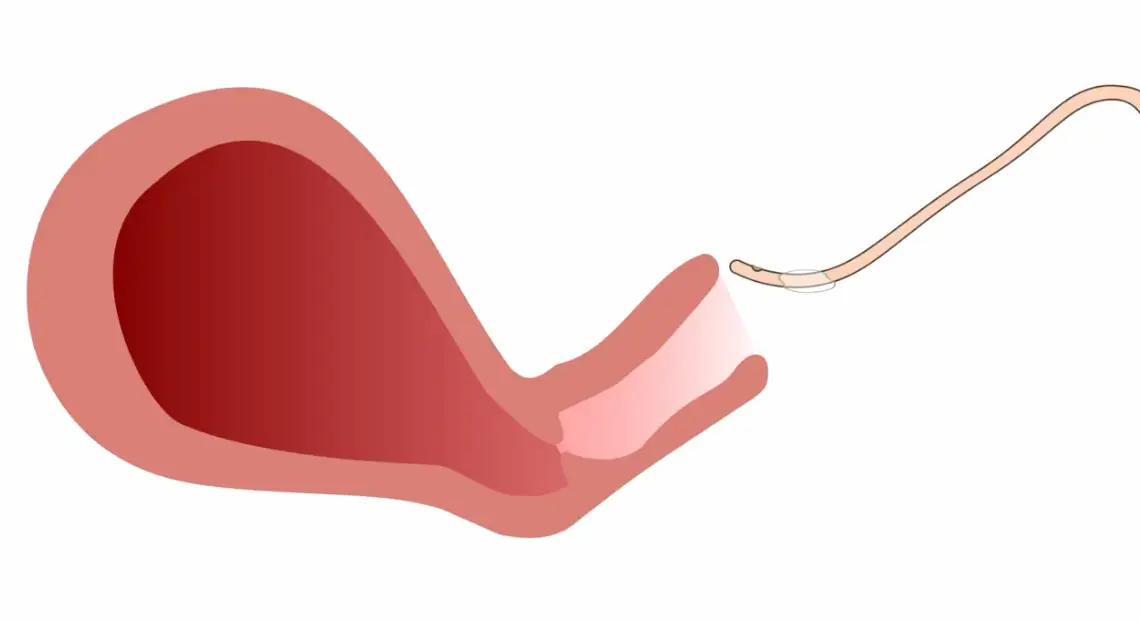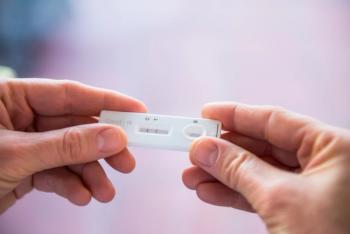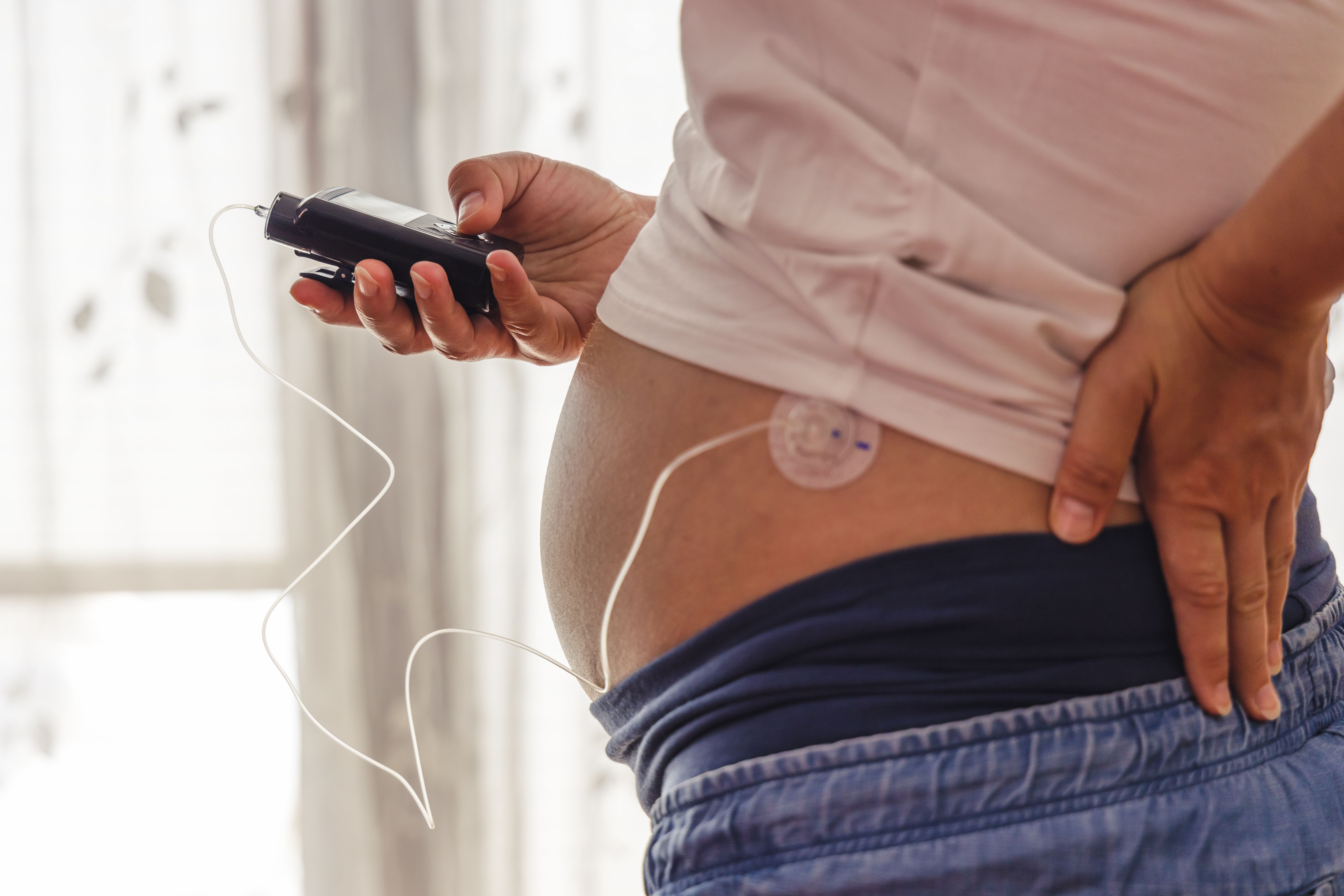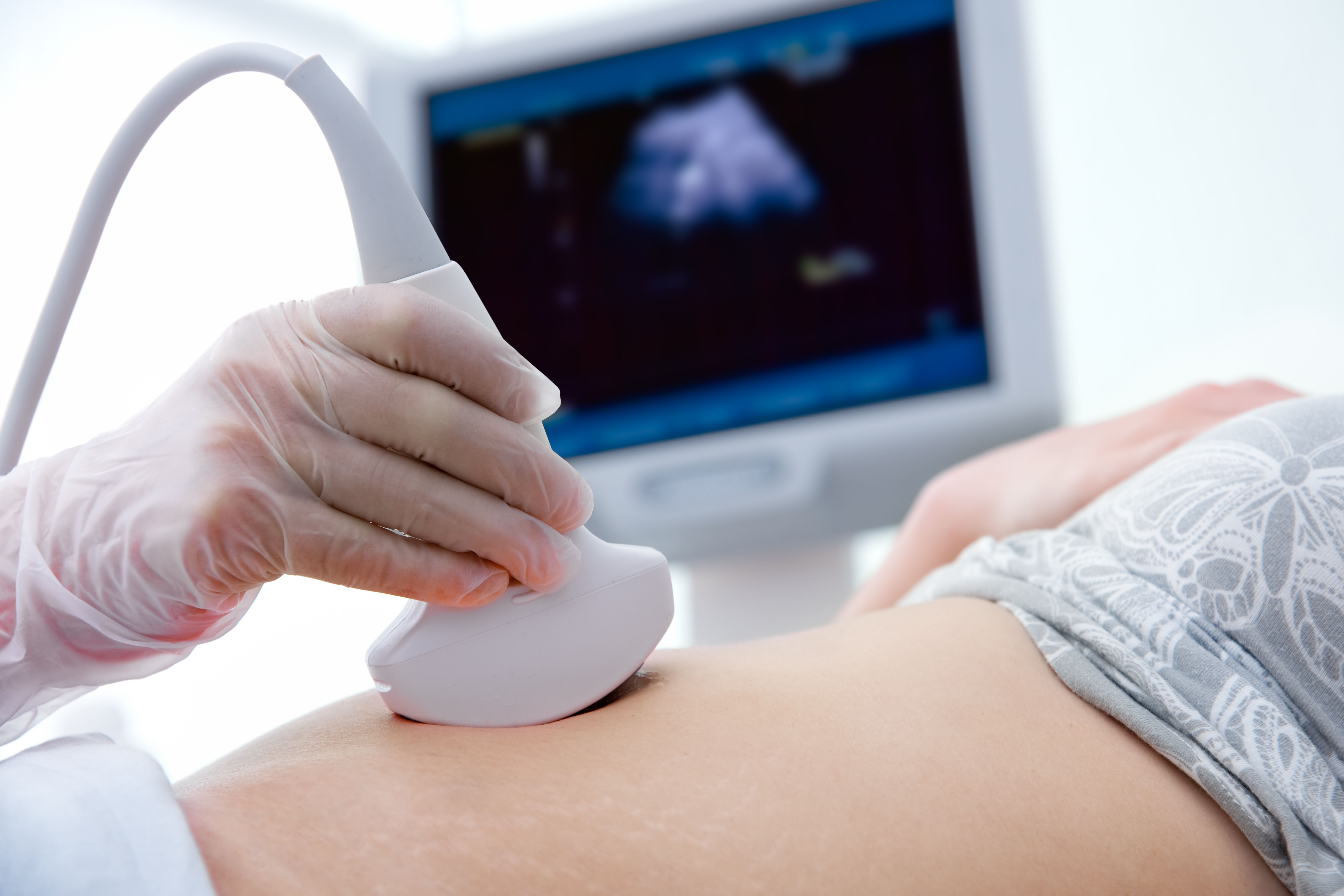
Obstetrics
Latest News

Latest Videos

Shorts







CME Content
More News

Michael Warren, MD, MPH, FAAP, outlines how expanding maternity care deserts and rising chronic disease rates are driving poor maternal outcome.

Research found only modest neonatal outcome differences between general and neuraxial anesthesia during cesarean delivery.

Michael Warren, MD, MPH, FAAP, explains the nation’s stagnant preterm birth rate and widening disparities highlighted in the 2025 report.

A review found no causal link between prenatal acetaminophen exposure and offspring neurodevelopmental disorders.

Review some of the top stories from the Contemporary OB/GYN website over the past week and catch up on anything you may have missed.

Survey reveals limited allergy referrals in pregnancy due to lack of guidance and long wait times, highlighting need for better education.

A phenotype linking hypertensive disorders of pregnancy with preterm birth and large-for-gestational-age infants may reshape understanding of maternal cardiovascular risk.

New research shows criminalizing drug use in pregnancy discourages early prenatal care and may push some patients away from hospital deliveries.

New research shows an increase in neurodevelopmental disorder risk among children exposed to maternal COVID-19 infection in utero.

A new study finds that laws penalizing substance use during pregnancy may discourage pregnant people from seeking medical care.

A study found mothers with preterm hypertensive disorders of pregnancy had the highest cardiovascular disease mortality risk with larger infants.

A study found that 5 major adverse pregnancy outcomes were linked to increased long-term atrial fibrillation risk.

A new study has identified 4 subgroups of polycystic ovary syndrome with unique hormonal and metabolic profiles.

A review identified anxiety, depression, hypertension, OCD, and hemorrhage as the most frequent complications within the first year postpartum.

Natasha Spencer, MD, discusses how updated prenatal guidelines, advanced screening, and proactive patient education are helping older women achieve healthy, uncomplicated pregnancies.

Review some of the top stories from the Contemporary OB/GYN website over the past week and catch up on anything you may have missed.

A large analysis found that stillbirths occur more often than CDC estimates, and many cases lack identifiable clinical risk factors.

A study reveals a sharp rise in telehealth medication abortion use following the Dobbs v Jackson Women’s Health Organization ruling.

Review some of the top stories from the Contemporary OB/GYN website over the past week and catch up on anything you may have missed.

A national survey found that over half of Americans mistakenly believe women cannot safely give birth in their 40s.

A study found that individuals’ ability to achieve their pregnancy preferences differs across sociodemographic factors.

Infants born to mothers in rural areas face greater odds of low Apgar scores and limited prenatal care access.

Women with prior cesarean delivery are more likely to experience severe pain, sleep disturbances, and daily activity disruption postpartum.

Review some of the top stories from the Contemporary OB/GYN website over the past week and catch up on anything you may have missed.

Research shows that COVID-19 vaccination during pregnancy continues to prevent hospitalizations and safeguard infants aged under 6 months.

















